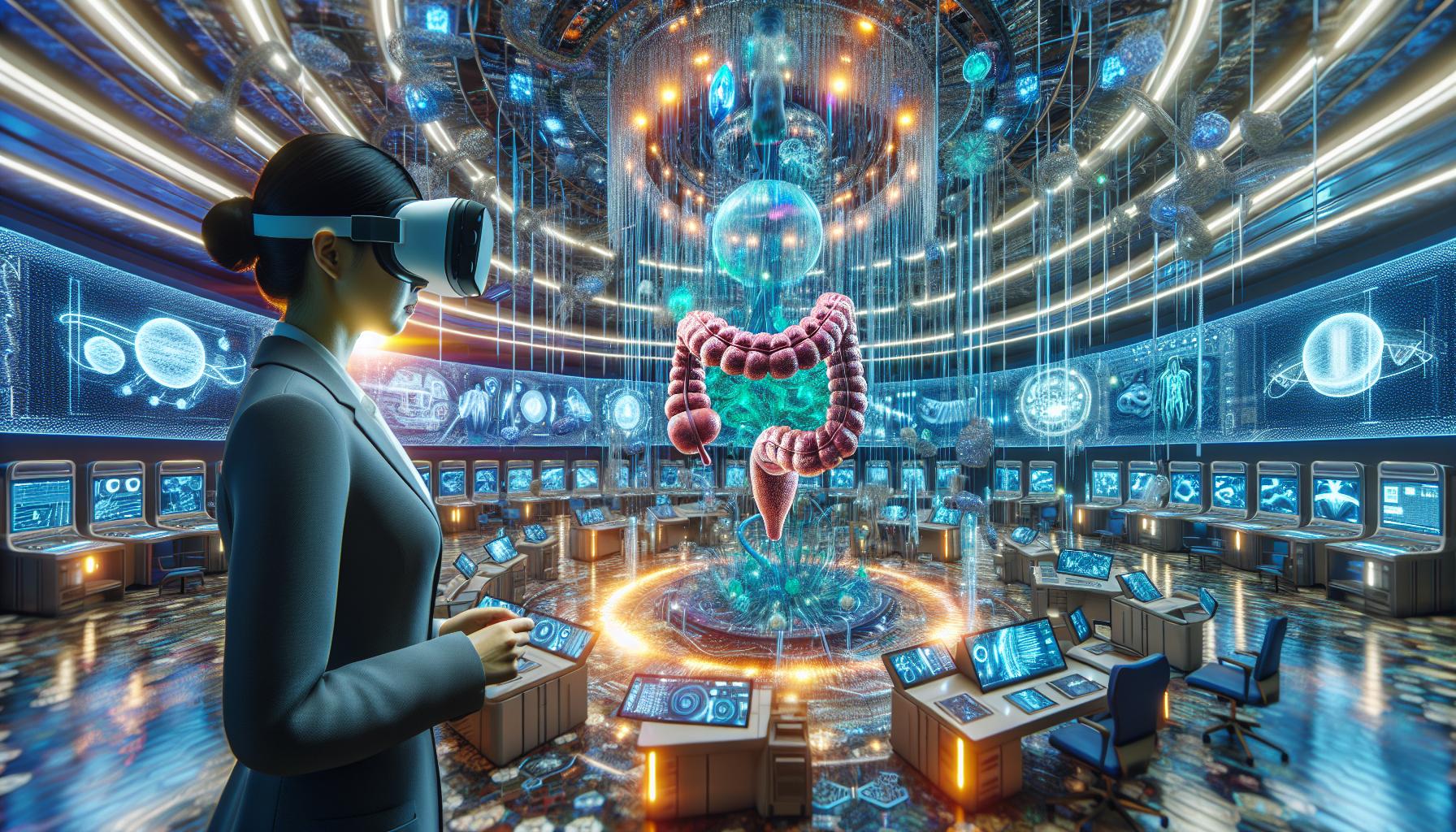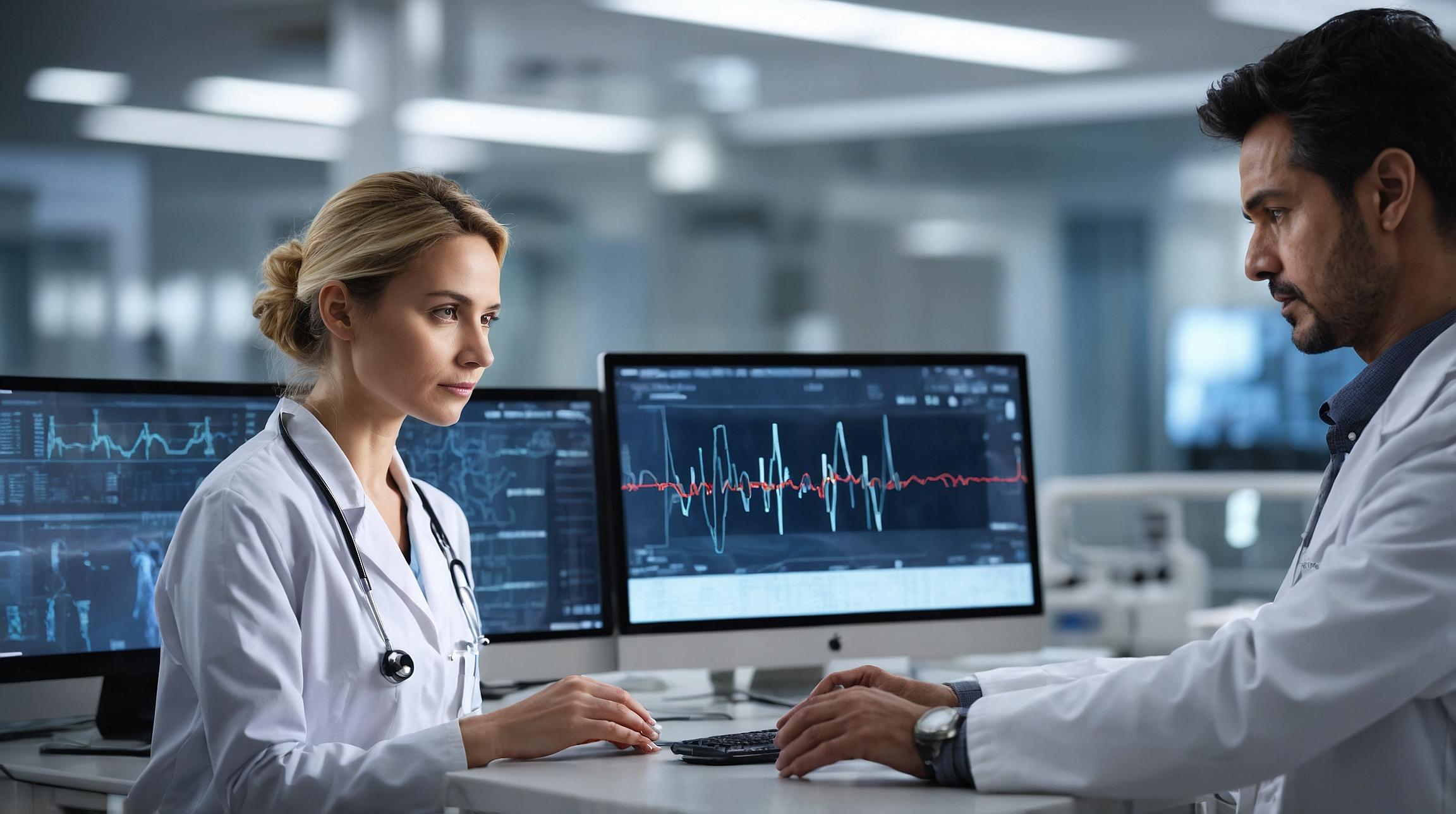Embracing Virtual Reality: A New Frontier in Gastrointestinal Healthcare
In the expansive landscape of technology, Virtual Reality (VR) has emerged with promise and potential, particularly in the realm of healthcare. This immersive technology is now being investigated for its prospective applications in modulating the gut-brain connection to manage gastrointestinal (GI) symptoms, opening a new frontier in non-pharmacological interventions.
Deciphering the Gut-Brain Connection
The gut-brain connection represents a bidirectional network that holds significant sway over GI health. Research has illuminated its pivotal role in GI disorders, particularly irritable bowel syndrome (IBS), a condition that has shown a marked response to psychological factors such as stress and anxiety. Conversely, a healthy gut has been associated with a positive mood, creating a compelling link between our mental state and gut health.
VR: A Bridge between Mind and Gut
In this context, VR emerges as a potential game-changer. By creating calming experiences, VR has the potential to act as a non-pharmacological intervention to alleviate GI symptoms. Studies, including one involving IBS patients who underwent VR therapy, have reported encouraging outcomes. Patients have noted reduced pain and symptom relief, pointing to the therapeutic potential of VR.
Virtual Medicine Conference: A Glimpse of the Future
Reflecting the growing interest in VR’s healthcare applications, the upcoming Cedars Sinai Virtual Medicine conference will see Dr. Brian Lacy from Mayo Clinic speaking on the subject. High ticket sales for the conference indicate the keen interest in VR’s role in healthcare, hinting at the beginning of a healthcare revolution. However, more research is needed to fully understand and harness the potential of VR in managing GI disorders.
While VR’s applications extend beyond healthcare, from improving medical training to enhancing patient education and rehabilitation, its impact in healthcare is already apparent. Despite some skepticism, VR is expected to be seamlessly integrated into treatment programs in the future, offering a holistic approach to managing GI disorders and potentially leading to improved patient outcomes and quality of life.
Analyst comment
Positive news: “Embracing Virtual Reality: A New Frontier in Gastrointestinal Healthcare”
As an analyst, I predict that the market for virtual reality in healthcare will grow significantly as more research proves its efficacy in managing GI disorders. It is expected to be seamlessly integrated into treatment programs, leading to improved patient outcomes and quality of life.













